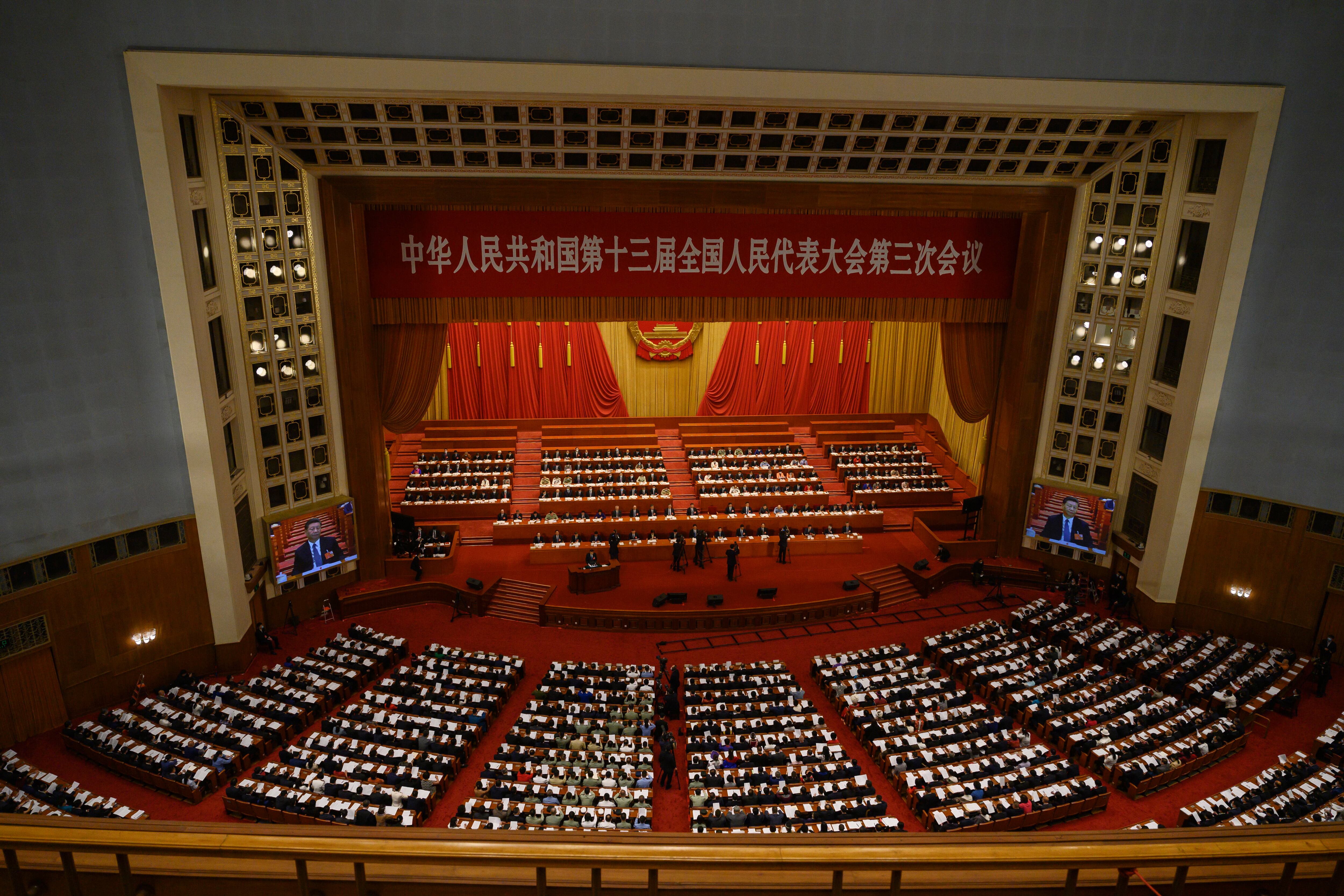The headline news — evil defense contractors taking funds meant for sick people — looks like something out of a Hollywood script. However, as with most bad movies, there are missing pieces of the plot that need to be addressed.
Yes, funds from the Defense Production Act were used on projects other than those strictly related to health care. No, the projects in question were not fraudulent, arbitrary or some feature of corrupt behavior. Here’s why:
First and foremost, the Department of Health and Human Services has no active solicitations for offerors to submit DPA projects, having left that responsibility to the Department of Defense. Even if there were unmet or emerging requirements, the less than $1 billion spent by the DoD from the Coronavirus Aid, Relief, and Economic Security Act is more than offset by a $17 billion investment from HHS. Without direction from HHS, the DoD did what it should do when given DPA funding: It moved quickly and decisively to secure important gaps and nodes in national security supply chains.
This remains a national imperative, especially as the industrial base and the American workforce have been weakened by the pandemic. The virus has exposed vulnerabilities in our military and its supply chains: Service members are at risk of this debilitating disease, and companies that supply critical technologies and services are at risk of going out of business, while Chinese suppliers increase their stranglehold on U.S. markets and supply chains.
RELATED

Congress provided authorization and funding for the president to counter the effects of COVID-19 through the DPA. The DoD is the only government entity that regularly processes DPA contracts, so operational control was shifted to the DoD. Regardless of which office ultimately signed the contracts, though, every DPA contract would have been required to demonstrate (a) its critical relationship to national security, (b) the lack of private sector ability or interest to solely fund the product, and (c) that DPA was the proper instrument to address the problem.
As a unique program meant for unique circumstances, this was the ideal authority to address the fallout from COVID-19. In turn, DPA projects created a win-win scenario for American workers, public health, national security and the economy.
DPA projects related to national defense have prevented the collapse of U.S. government contractors and other businesses critical to the essential medical and defense supply chains that are irreplaceable in the current environment. These businesses, often small in size, are subject to budget cuts and market conditions — things to which Chinese firms are immune. This is key to emphasize: Chinese manufacturers create market conditions in which U.S. companies cannot fairly compete, which often leaves U.S. companies with no choice but to further instantiate their reliance on Chinese manufacturing.
Unbelievably, the U.S. military increasingly relies on some Chinese firms for equipment that powers critical military technologies. Such equipment or materials — including printed circuit boards and rare earth minerals — may be nefariously hacked or manipulated by Chinese operatives. In turn, DPA funds for U.S. contractors help prevent our military from relying entirely on Chinese firms, which bolsters our national security.
On a related point, DPA projects that fund defense contractors help those businesses retain skilled or specialized employees who perform functions that could take years to restart in the U.S. if lost due to COVID-19. In the worst-case scenarios, contractors may fire skilled employees or simply outsource their capabilities to foreign nations to retain operating capital.
Additionally, during a time when our manufacturing sector is most vulnerable to nefarious actors with blank government checks (e.g., China), DPA funds have provided contractors the ability to maintain and expand domestic operations, which bolsters U.S. manufacturing capabilities and employment opportunities.
Indeed, this virus has impacted all facets of American life, and initiatives such as DPA to protect normalcy against adversaries must consider all facets of business the private sector might not save, including those that serve a crucial role in our nation’s security.
Additionally, the DoD has remained exceptionally transparent with Congress about its plans to fund certain programs and businesses that support critical DoD functions. The DoD released a detailed DPA spending plan in June, and the department informed defense-related committee leaders on Capitol Hill of projects before they were awarded. Even before the pandemic, Congress was aware of the increased need for DPA projects — after years of receiving roughly $50 million in funding, the DoD requested $180 million this year. The House decided that was insufficient and added another $10 million in its defense appropriations bill.
Critical debate and questions about DoD programs are a healthy American tradition. For DPA in particular, recent questions about the purpose of funded programs have seemed to only reassure its necessity for a robust recovery. DPA projects have not only helped our health care practitioners and front-line workers but the critical organizations that work behind the scenes to keep our nation safe and help ensure a peaceful environment in which all Americans can thrive.
Retired U.S. Air Force Col. Jeffery A. Green is the president of J. A. Green & Company. He previously served as a staff director and counsel for the House Armed Services Committee.








